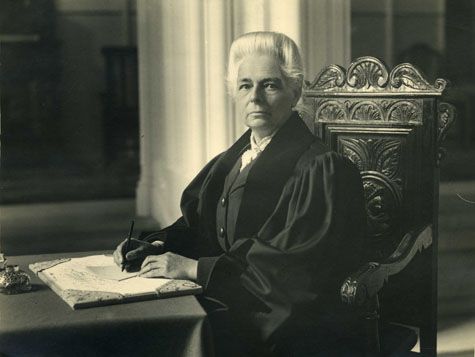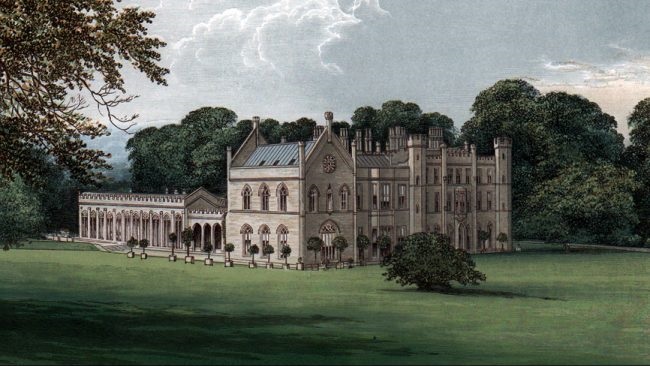Dame Frances Dove: A Wycombe Abbey History
27 June 2021 - All

Dame Jane Frances Dove DBE, JP was an English women’s campaigner and pioneer for female education, founding Wycombe Abbey and Godstowe School.
“She was born to be a pioneer and had the real pioneering spirit as well as some of the faults that so often go with it. She was absolutely certain of what she wanted to do, how she wanted to do it, and of the faith and convictions that inspired her.” – Ursula Farewell, The First Head of School
Born in France at the time when women’s education was low, and the eldest of ten children, Frances Dove’s education began at home in London, where she was taught by her father alongside her two brothers. Her education continued to thrive when she received news that a new college for women was opening at Girton College, Cambridge. In 1871 at 24 years old, Frances Dove began her university career and in 1874 graduated in Natural Sciences. She attained the standard of the ordinary degree as at the time, the university refused to award women degrees. She was able to convert to an MA in 1905 when Trinity College, Dublin offered suitably qualified women quasi ad eundem degrees.
In 1877 she became Assistant Mistress at Cheltenham Ladies College, and then Headmistress of St Leonards School in Scotland in 1882. She later resigned in order to form the prospectus of the Girls’ Education Company, founded in 1896 to raise the necessary funds for the enterprise detailing that ‘The proposed system of education aims at doing for girls, with suitable modifications, what the existing great Public Schools do for boys.’ The funds from the Girls’ Educational Company were used to purchase Wycombe Abbey from Lord Carrington for £20,000 with Dame Frances Dove becoming the School’s first Headmistress.

Wycombe Abbey School became the realisation of Frances Dove’s educational ideals, brought about largely by her own energy and organisational ability. Miss Dove persuaded four 16-year olds from St Leonards to accompany her to Wycombe and act as the Heads of the four Houses; Green, Blue, Yellow and Red (soon to be known as Cloister, Clarence, Pitt and Rubens) into which The Abbey, though under one roof, was divided.
The School opened with 40 girls, with numbers rising to 230 by her retirement as Headmistress in 1910. Frances Dove engaged staff who were young and enthusiastic enough to risk their careers in her new venture. Her success also inspired the foundation of Benenden School in 1923, which was founded by three former Wycombe Abbey pupils, making Frances Dove an important figure in circulating the model for girls’ boarding schools.
Dame Frances Dove argued that women should be taught corporate virtues, and that to be good citizens it was essential to have wide interests, a sense of discipline, and esprit de corps. She applied these principles at Wycombe Abbey, believing that the best place to encourage ideals of citizenship was the School. She regarded team games as the best medium for developing character, and introduced cricket, hockey, and lacrosse as compulsory activities.
The curriculum at Wycombe Abbey included gardening, carpentry, and Swedish gymnastics as well as more conventional academic subjects. Frances Dove was a devoted high-church Anglican, and ensured that the religious life of the School was centred on the parish church at High Wycombe.

Her aim was to establish a wholly new type of school which would produce girls with a good education plus a sense of public responsibility and public spirit. They would be equipped, like their brothers, to participate in all spheres outside the home. Her aim was that all women could participate in and contribute to the wider society.
Upon her departure in 1910, she endowed a scholarship at the School, contributing further to the future of girls’ education. Her legacy lives on today.